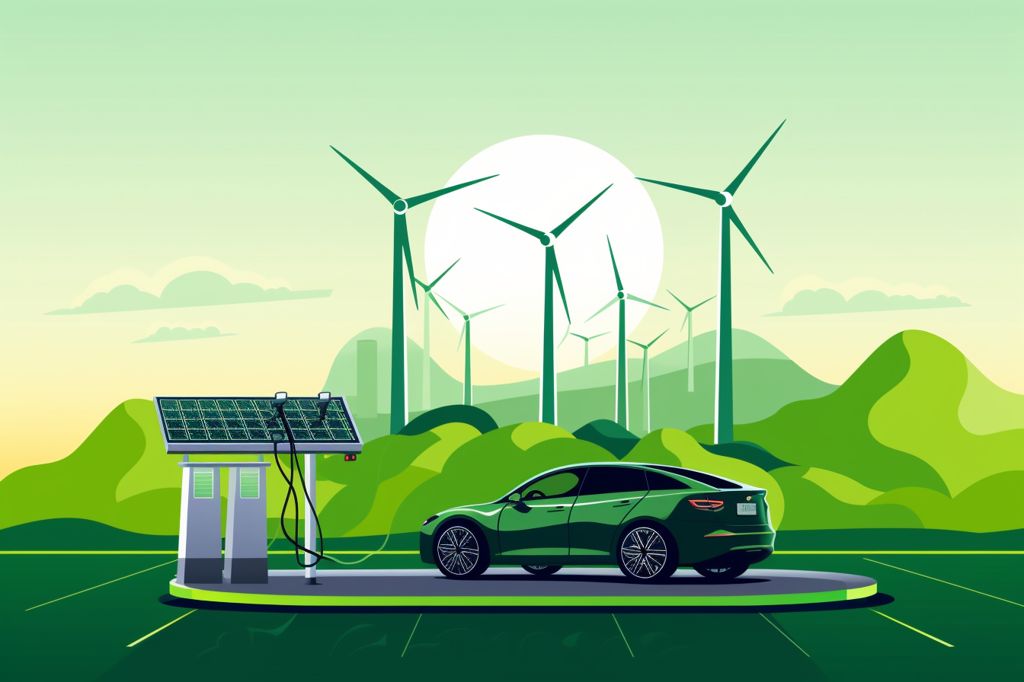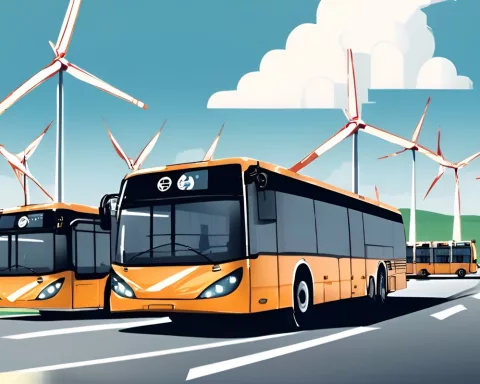As the world intensifies its efforts to reduce carbon emissions, South Africa is in a unique position to cultivate new industries and expand existing ones. The nation’s shift towards a low-carbon, climate-resilient economy prioritizes a just and inclusive process, evident in the development of the Just Energy Transition Investment Plan. This plan aims to support workers, communities, and industries affected by the transition towards renewable energy sources while also encouraging investment in new sectors such as green hydrogen and electric vehicles.
The Implications of Europe’s Ban on Petrol and Diesel-Powered Motor Vehicles
Europe is responsible for about 60% of South Africa’s motor vehicle exports, so the European Union’s decision to ban the sale of new petrol and diesel-powered motor vehicles by 2035 poses a significant challenge and opportunity for South Africa. The nation’s auto industry is mainly focused on producing traditional vehicles, but this shift presents an opportunity to pivot towards new energy vehicles.
Investment in New Energy Vehicles
BMW Group, one of the largest automotive manufacturers globally, has already started investing in new energy vehicles in South Africa. The company will invest R4.2 billion over five years to transition its local manufacturing plant for the production of the next-generation BMW X3. This plug-in hybrid X3 will be manufactured exclusively in South Africa at BMW’s Rosslyn plant in Pretoria from the second half of 2024.
This investment indicates investor confidence in South Africa’s economy and highlights the country’s commitment to a low-carbon future. Concerns persist about job losses due to decarbonization, but BMW’s plans for job retention, reskilling, and training on electro-mobility provide certainty to over 20,000 employees at the company’s facilities nationwide.
Incentivizing Electric Vehicle Manufacturing and Adoption
To support auto manufacturers in their efforts to expand investment in new energy vehicles, South Africa offers various measures such as Special Economic Zone incentives and the Automotive Investment Scheme. The nation will soon finalize a strategy to support affordable and effective electric vehicle manufacturing and must keep pace with other countries incentivizing electric vehicle manufacturing and adoption.
South Africa’s Advantages in the Green Transition
South Africa has several key advantages in transitioning to a low-carbon economy. The nation has the world’s largest platinum reserves, a vital component in the production of green hydrogen, and an abundance of renewable energy sources. This combination provides an opportunity to use green hydrogen as an e-fuel in certain vehicle models exempt from the EU ban.
Driving Growth, Enhancing Industrial Competitiveness, and Creating Jobs
The decarbonization of society presents a unique opportunity to drive growth, enhance industrial competitiveness, create jobs, and tap into the potential of innovation. South Africa’s strides in the auto industry, energy sector, and other economic realms demonstrate the nation’s determination to embrace a low-carbon future that leaves no one behind.
The green transition is not only a necessity but also an opportunity for South Africa to thrive in a rapidly evolving global landscape. As President Cyril Ramaphosa stated, change may yield uncertainty and anxiety, but it also offers unparalleled prospects for renewal, revitalization, and progress. South Africa must continue its efforts in the transition towards a low-carbon, climate-resilient economy, setting an example for the world to follow.












